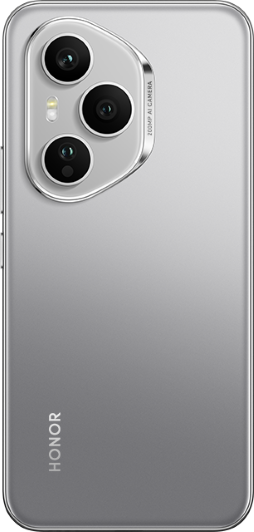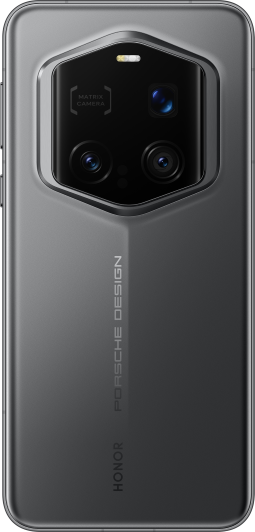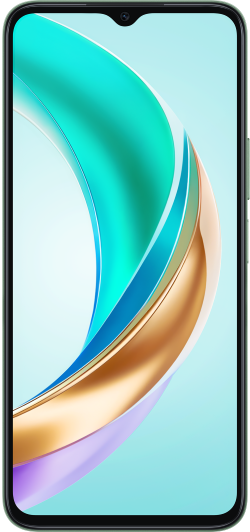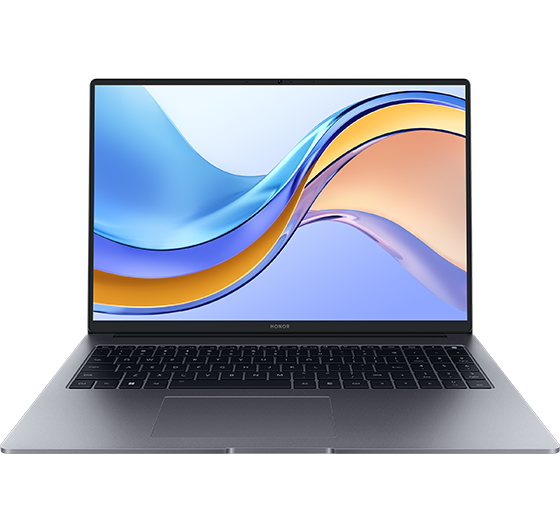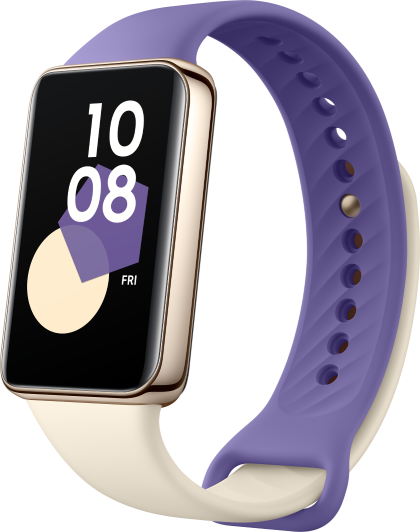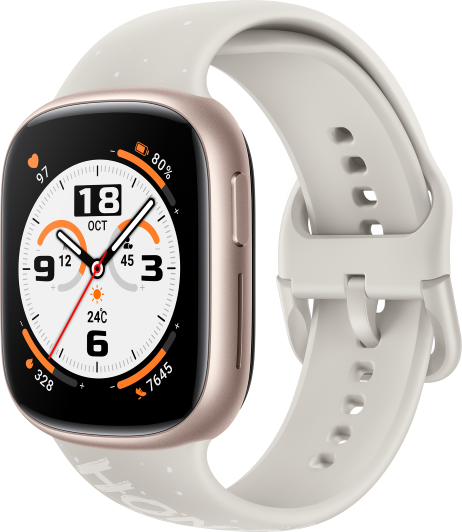TOP

我的荣耀 开启荣耀之旅
To log in to your account, you must first agree to the HONOR PLATFORM TERMS OF USE. If you do not agree, you may only browse the site as a guest.
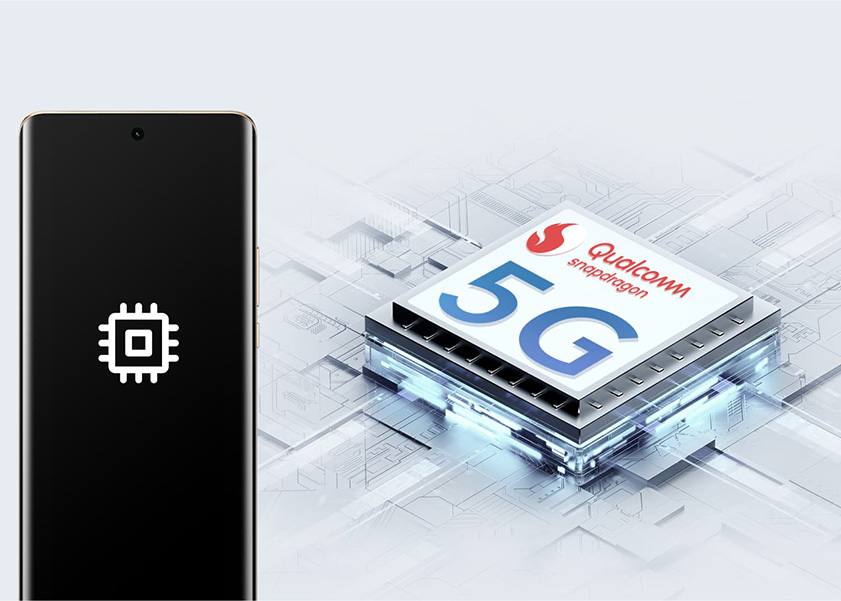
A Complete Guide on What Is Processor in Mobile?
Are you curious to know what makes your mobile device so fast and responsive? Have you ever wondered how a processor works in a phone? We all know that the speed of our phones, tablets, and laptops depends on their processor. But do you understand why certain processors perform better than others? Answering these questions will help us understand mobile processor technology more deeply as well as provide insight into the factors that determine its speed. Read on to find out what is a processor in mobile phones and which features decide its speed!
What Is Processor in Smartphone?

A processor in a smartphone, often referred to as the Central Processing Unit (CPU), is the brain of the device. It's a critical component that handles all the instructions and computations needed to operate the phone. Similar to a computer's CPU, it processes data, manages tasks, and coordinates between different parts of the phone, like memory, graphics, and input/output systems. The processor's speed, efficiency, and number of cores (individual processing units within the CPU) significantly influence the smartphone's overall performance, affecting everything from app functionality and multitasking capability to battery life and the phone's ability to run complex or resource-intensive applications.
How Does a Smartphone Processor Work?
A smartphone processor functions as the central nervous system of the device. When asking what is the use of processor in mobile, you can find it orchestrates the myriad tasks that make our phones so versatile. Imagine it as a highly efficient manager, tirelessly handling instructions from the phone's software to ensure smooth operation.
When you tap on an app or perform any action, the processor's clock speed comes into play, determining how quickly it can execute these instructions. Modern processors often boast multiple cores, akin to having several dedicated workers, allowing the phone to juggle numerous tasks simultaneously without sacrificing speed. The processor follows a fundamental cycle, known as Fetch, Decode, Execute, Write Back (FDEW), where it fetches instructions from memory, decodes them, executes the commands, and then writes the results back to memory. This seamless process is facilitated by a small but high-speed cache memory that stores frequently used instructions.
In addition to managing day-to-day operations, processors often house a Graphics Processing Unit (GPU) for handling graphics-intensive tasks like gaming and multimedia applications.
Furthermore, the processor is savvy in power management, adjusting its performance and energy consumption based on the workload to strike a balance between efficiency and battery life. In essence, the smartphone processor is the unsung hero, working diligently behind the scenes to deliver the responsive and dynamic experience we've come to expect from our handheld devices.
Types of Android Mobile Processors

1. Qualcomm Snapdragon Processor: Qualcomm Snapdragon processors are renowned for their exceptional performance, powering many of the world's leading smartphones. They are designed to deliver high-speed processing, efficient power consumption, and advanced features like AI computing and superior graphics handling. In the Snapdragon series, the Snapdragon 8 Gen 2 stands out for its remarkable capabilities. It's in this context that the HONOR Magic V2 shines. Equipped with the Snapdragon 8 Gen 2, the HONOR Magic V2 offers users an unparalleled experience. This powerful processor ensures that the device delivers lightning-fast responses, enhanced multitasking, and top-notch gaming and multimedia experiences, all while maintaining energy efficiency. For HONOR Magic V2 users, this means a smartphone experience that's not just about seamless operation, but also about pushing the boundaries of what a mobile device can do, powered by one of the most advanced processors in the market.
2. MediaTek Processor: MediaTek processors are known for providing a cost-effective yet powerful solution for Android smartphones. These chips find their place in a variety of devices, offering a balance between performance and affordability. MediaTek processors often feature competitive specifications, making them a popular choice for budget and mid-range smartphones.
3. Exynos Processor: Developed by Samsung, Exynos processors are commonly found in Samsung Galaxy smartphones. These chips emphasize a combination of performance and energy efficiency. Samsung's Exynos line often integrates advanced graphics capabilities and supports various connectivity standards, contributing to a smooth and responsive user experience.
4. Kirin Processor: Huawei's Kirin processors are designed to complement their line of smartphones, providing a tailored and optimized experience. Known for their AI capabilities and robust performance, Kirin chips offer efficient power management and support cutting-edge camera features. These processors showcase Huawei's commitment to integrating advanced technologies into their devices, enhancing overall user satisfaction.
What Determines the Processor Speed?

The speed of a smartphone processor hinges on key factors, including the number of processor cores and clock speed.
Clock Speed
The clock speed of a smartphone processor plays a crucial role in determining its processing capabilities, indicating the number of instructions it can execute per second. For instance, a processor with a clock speed of 1 Gigahertz (GHz) can process 1 billion instructions in a single second. Generally, higher clock speeds contribute to faster performance in phones, and this is often noticeable in premium smartphones, where the processor cores boast higher clock speeds compared to more budget-friendly devices.
Processor Cores
The speed of a smartphone is also influenced by the number of processor cores it has. The processor, or CPU, in a smartphone, comprises multiple cores, categorized as Dual, Quad, Hexa, and Octa core. Essentially, each core operates like an individual processor, and more cores mean that the phone can handle multiple tasks simultaneously with greater efficiency. This multi-core setup allows for better multitasking, smoother operation of applications, and improved performance during demanding tasks like gaming or video editing. For instance, while a dual-core processor can handle basic functions with ease, an octa-core processor divides the workload across more cores, leading to faster processing and a more responsive user experience.
Conclusion
In conclusion, the processor in a mobile phone is the cornerstone of its functionality, dictating everything from basic operations to advanced computing tasks. Its speed, influenced by factors such as clock speed, number of cores, and architecture, plays a pivotal role in determining the overall performance and efficiency of the device. As technology advances, processors like the Snapdragon 8 Gen 2 are setting new benchmarks in processing power, offering users faster, more efficient, and smarter smartphones.
FAQ
Is a 2 GHz processor good for a mobile?
A 2 GHz processor is considered decent for basic smartphone tasks. However, for more demanding activities like gaming and intensive multitasking, a higher GHz rating might be preferable.
Can a phone work without a processor?
No, a phone cannot function without a processor. The processor is the central unit responsible for executing commands and managing the device's operations.
What is a good processor speed for a smartphone?
A good processor speed for a smartphone depends on your usage. For average users, a processor with a speed between 2.0 GHz to 2.5 GHz should suffice. Gamers and power users may opt for processors with higher clock speeds for optimal performance.
Source: HONOR Club

Subscribe To Our Newsletter - Discover HONOR
Please accept HONOR Platform Privacy Statement.
By entering your WhatsApp number, you agree to receive commercial information on WhatsApp about HONOR products, events, promotions and services. For more details, please see our privacy policy.
Please accept HONOR Platform Privacy Statement.
I agree to receive the latest offers and information on HONOR products, events and services through third-party platforms (Facebook, Google). I may withdraw my consent at any time as indicated in the Privacy Statement.
Contact
Mon-Sat: 09:00 – 18:00. (Except on national holidays).
Third Floor, 136 George St., London, W1H 5LD, United Kingdom.
Copyright © HONOR 2017-2025. All rights reserved.

